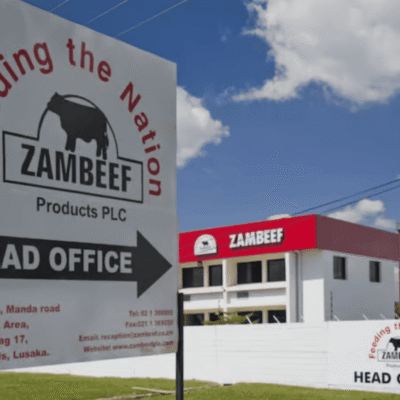TOGO — Construction has begun on a semi-industrial plant in Tchékpo Dédékpoè, located in Yoto 2 municipality, 70 kilometers from Lomé, with the goal of producing red oil and palm kernel oil.
The facility, the result of a partnership between the Yoto 2 municipality and Morocco, officially launched on November 5, 2024, according to Agence Togolaise de Presse.
Funded through the Fonds Africain d’Appui à la Coopération Décentralisée Internationale (FACDI), this initiative is part of a partnership between Yoto 2 and Tangier.
Scheduled for completion in three months, the facility will feature a mini-solar power plant, a methanizer, and an integrated production system capable of producing an initial output of 500 liters of oil per day, with capacity to scale based on demand.
The plant is aligned with Yoto 2’s Communal Development Plan (PDC) and Climate-Energy Plan, which emphasize sustainable energy and economic development.
By using renewable energy and biogas, the facility aims to contribute to local energy resilience, reduce carbon emissions, and bolster the region’s economic base.
Tchékpo Dédékpoè’s suitability for red palm cultivation enhances the plant’s prospects, given the region’s access to high-quality raw materials.
Modernization efforts extend to other regions
In a parallel development, the village of Momé Katihoé, located in the Vo region of southern Togo, recently received CFA60.4 million (US$97,862) under the West Africa Coastal Areas (WACA) Resilience Investment Program to upgrade its palm oil processing capabilities.
The new processing unit, now equipped with advanced mixers, motorized extractors, and a palm kernel oil press, is already transforming local production.
The shift has markedly improved the efficiency and quality of palm oil production.
“In the past, kneading palm nuts was extremely difficult. We sometimes did it with our feet or in mortars, which made the work tedious,” explained Soutoji Komlan, President of the village’s Development Committee.
“With this new equipment, work is easier, and our women’s living conditions have improved considerably.”
Dodjomè Adjovi Reine, another beneficiary, added, “With the equipment, we can now produce multiple 25-liter jerrycans in a single day.”
Togo’s expanding palm oil market
These advancements come as Togo’s palm oil industry shows notable growth in both production and export.
In 2022, Togo exported US$45.6 million in palm oil, ranking as the world’s 37th largest exporter, according to the Observatory of Economic Complexity (OEC).
Palm oil is now the 18th most exported product from Togo, with primary markets including Niger (US$17.5 million), Benin (US$11.8 million), Senegal (US$8.02 million), Ghana (US$7.34 million), and Mali (US$442,000).
Export markets have expanded rapidly, especially in neighboring Benin, which saw an increase of US$10.1 million in imports from Togo between 2021 and 2022.
European interest has also emerged, with the Netherlands and Spain showing growth in imports, valued at US$29,200 and US$14,900 respectively.






